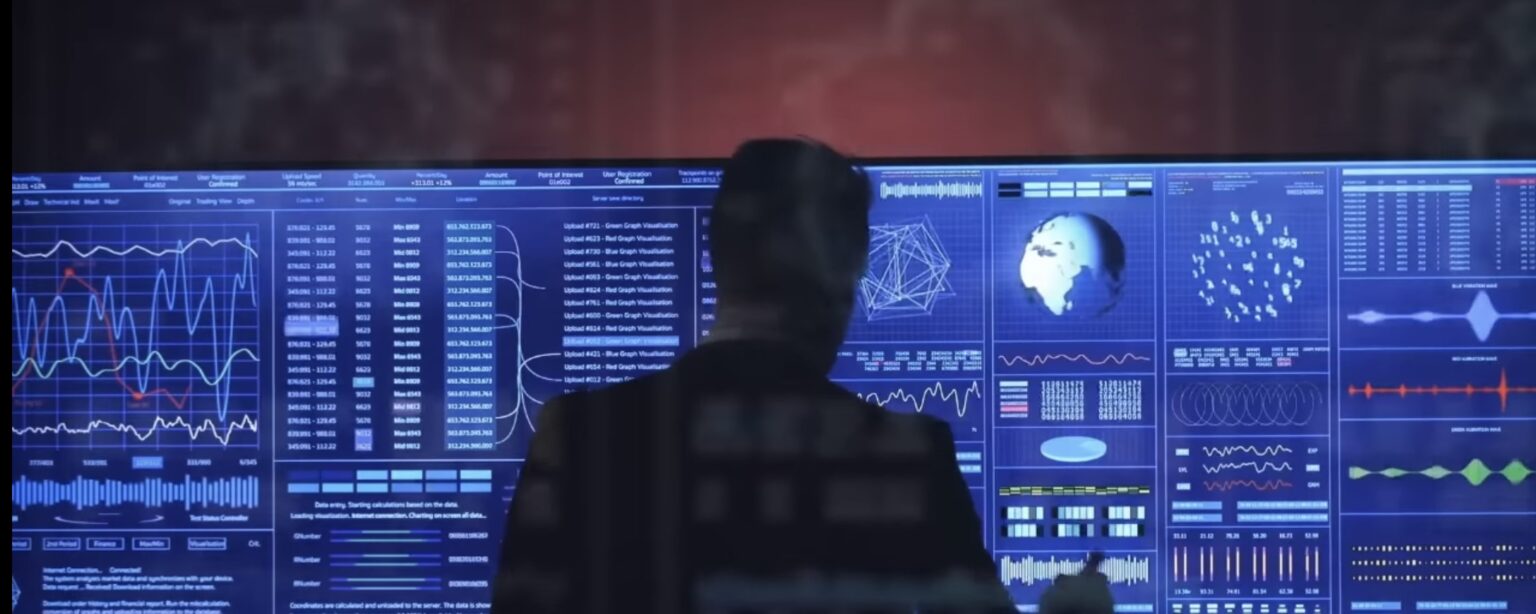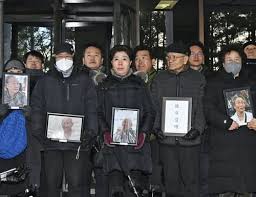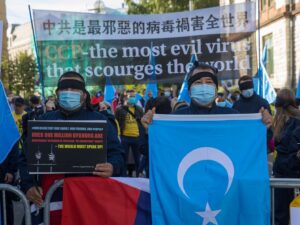Enkaku Katsumaru
Enkaku Katsumaru, who has been a member of the “Gaiji Keisatsu” (Foreign Affairs Division, Public Safety Department, Metropolitan Police Department) since the 2000s and has been active as a “spy hunter,” is the subject of a new book entitled “諜・無法地帯: Spies in the Dark. Immediately after its release, the book was picked up by “Machiroku ch”, “Itiro Furudate Channel”, “Koyacki Studio”, and other media, where Katsumaru, whose “face is not shown”, gave a shocking talk. According to Katsumaru, there are also bases of foreign spies in Japan. …… We would like to make a special disclosure of a portion of his book that has received a particularly strong response from readers.
A “big antenna” in a residential area…
In the Chinese government’s espionage operations in Japan, this kind of allegation has been a topic of conversation among intelligence officials at embassies in various countries.
Chinese embassies have related facilities in addition to their consulates. The Education Office mentioned above is one such facility related to espionage activities, but there is actually one more facility that should be closely watched. This is the Chinese Embassy’s Ebisu Annex in Shibuya Ward, Tokyo.
This annex was originally mentioned by European intelligence officials. They said that every Chinese embassy in Europe must have a set of suspicious annexes and that they must be intercepting communications. In Europe, this is apparently well known among intelligence officials. The equivalent in Japan was the Ebisu Annex.
Even the foreign affairs police in charge of China had never heard of such a thing. When we investigated the Ebisu Annex, we discovered a surprising fact. Looking at the site in a residential area from the sky, a large antenna could be seen, as expected. However, we could not see it from the ground. It seems that they are intercepting communications after all, and a diplomat, who normally speaks neither Japanese nor English, has been observed to appear alone at the annex once a day.
Related Articles Former Foreign Affairs Police Rank Threat of ‘Foreign Spies’ Hiding in Japan…
Unexpected Location in Tokyo Where “China’s” “Communication Interception Facility” Base Exists 《Huge Antenna” Found in Residential Area!
Enkaku Katsumaru Profile
It’s hard for the Japanese police to raid.
What is also noteworthy is that the Taipei Economic and Cultural Representative Office is located within a one-kilometer radius of this facility. This facility is also known as the Representative Office of the Republic of China in Japan. Although Japan and Taiwan have no formal diplomatic relations, the two countries have established this representative office in Tokyo under the guise of a private institution, and it functions as a diplomatic representation mechanism. In essence, the facility functions like Taiwan’s embassy.
The Chinese embassy annex may be intercepting communications from the Taiwanese representative facility. Although it cannot be determined whether or not this is related to the problem, nearby residents have also reported communication problems, such as occasional disruption of TV images in the vicinity of the Ebisu Annex.
To begin with, the Ebisu Annex is not registered as a diplomatic facility and is not allowed to display the sign “Annex. However, the Japanese Ministry of Foreign Affairs has repeatedly protested in writing that the annex is an embassy-related facility. However, they have decided to ignore such documents. The reason why they put up the signs without permission is that they are trying to intimidate by pretending that they have diplomatic immunity, when in fact that immunity does not apply to their facilities.
However, there is a view that if they are really intercepting communications, they should not post the sign, but the fact that the sign is posted as an embassy-related facility makes it difficult for the police to raid the place. The sign sends the message that raids are not allowed. Also, the Xinhua News Agency, China’s state-run news agency, is located right next to the Ebisu Annex.
Diplomats’ Spying Activities Uncovered
In fact, the existence of the building has been confirmed in the past, but when the foreign affairs officers of the Shibuya Police Station, the police station with jurisdiction over the building, have tried to make appointments with officials at the facility, the officers have always been unavailable and all attempts to contact them have been denied. My obtaining this information led the National Police Agency Security Bureau and the Public Safety Department of the Metropolitan Police Department to create a surveillance system for the Ebisu Annex.
The “incident” uncovered in May 2015 revealed that Li Chunguang, First Secretary of the Chinese Embassy in Japan, was engaged in espionage activities in Japan. He was charged with violating the Alien Registration Law by falsifying his diplomatic status and fraudulently renewing his alien registration certificate. This led to the discovery that former Minister of Agriculture, Forestry, and Fisheries Michihiko Kano and other key figures in the Japanese government had fallen for Lee’s lucrative scheme to obtain special quotas on exports of agricultural products and clothing to China.
In reality, however, no such lucrative scheme existed. On the contrary, it became clear that Li’s original goal was to influence Japan’s agricultural policy in favor of China. This incident had a major impact on diplomatic relations between Japan and China, and resulted in a rift in the trust between the two countries.
The incident was a reminder that the Japanese government needs to strengthen its measures to prevent misconduct by foreign diplomats in the future.










